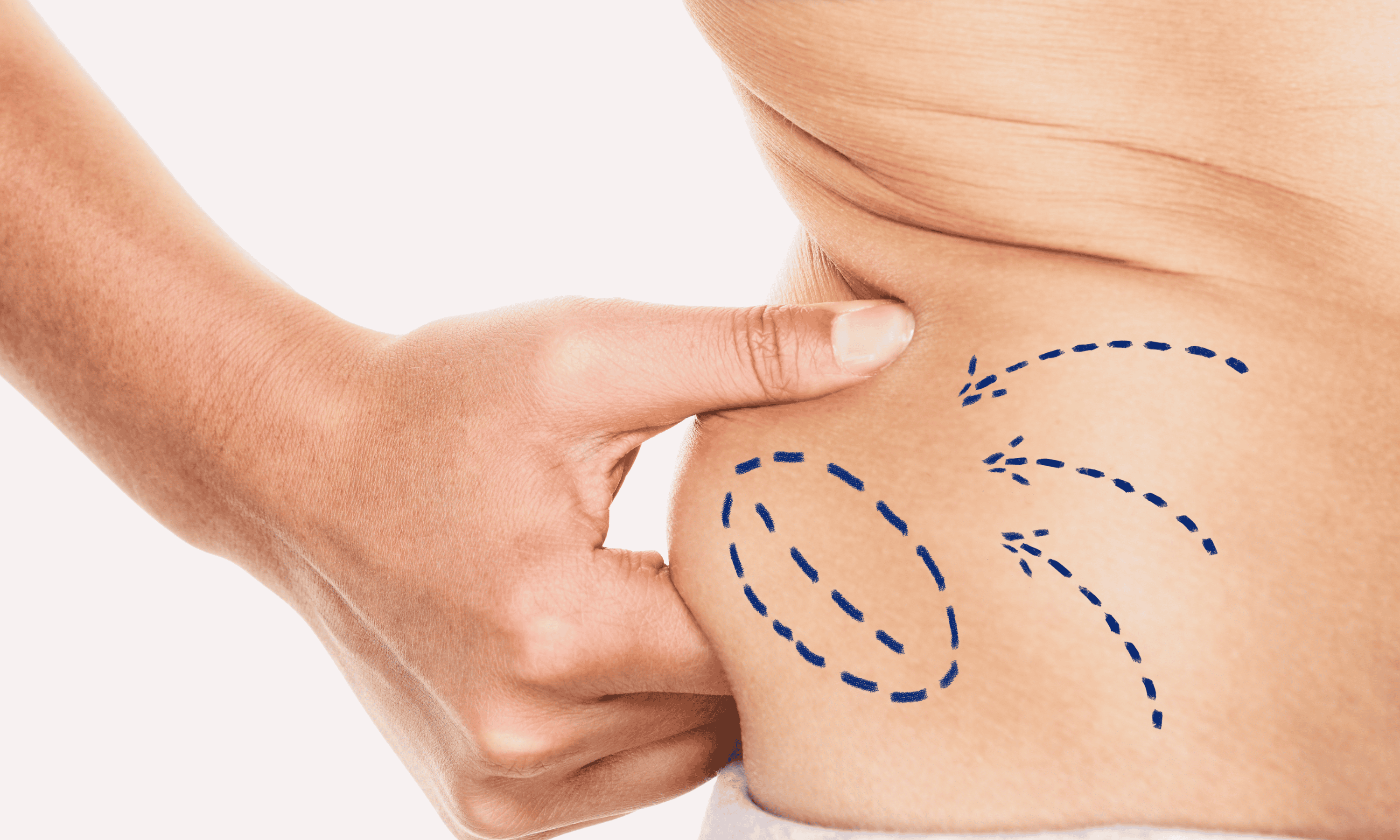
Recovery after liposuction: What to expect?
Liposuction is a popular cosmetic procedure that helps individuals achieve their desired body contours by removing excess fat. While the surgery itself is relatively straightforward, it's crucial to understand what to expect during the recovery period. In this blog, we'll explore the various aspects of recovering from liposuction and provide insights into the timeline, potential discomfort, and essential aftercare practices.
1. Immediate post-operative period
After liposuction, patients are usually monitored in a recovery area before being allowed to return home on the same day. It's common to experience some swelling, bruising, and discomfort during this initial phase. Surgeons typically prescribe pain medication to manage any postoperative pain and discomfort.
2. Swelling and bruising
Swelling and bruising are natural responses to liposuction and can persist for several weeks. Wearing compression garments, as advised by your surgeon, helps minimize swelling and supports the healing process. It's essential to follow the recommended garment-wearing instructions to optimize results.
3. Pain management
While pain levels vary from person to person, it's common to experience some soreness and discomfort after liposuction. Surgeons may prescribe pain medications for the first few days, transitioning to over-the-counter pain relievers as needed. Adhering to the prescribed medication schedule and staying well-hydrated can contribute to a more comfortable recovery.
4. Physical activity and rest
Patients are usually encouraged to engage in light walking shortly after the procedure to promote circulation and prevent blood clots. However, strenuous physical activities should be avoided during the initial weeks. Adequate rest is crucial for the body to heal, and patients should follow their surgeon's recommendations regarding when to resume regular activities and exercise.
5. Dietary considerations
Maintaining a healthy and well-balanced diet is crucial for optimal recovery. Adequate protein intake supports tissue repair, while staying hydrated aids in flushing out toxins and reducing swelling. Some surgeons may recommend specific dietary guidelines tailored to each patient's needs during the recovery period.
Follow-Up Appointments
Regular follow-up appointments with your surgeon are essential to monitor your progress and address any concerns. During these appointments, your surgeon may assess the healing process, provide additional guidance on aftercare, and answer any questions you may have.
Recovery after liposuction is a gradual process that requires patience and adherence to postoperative instructions. By understanding what to expect and following your surgeon's recommendations, you can enhance the outcomes of your liposuction procedure. If you have any concerns during your recovery, don't hesitate to contact your surgeon for guidance and support. Remember, every individual's healing journey is unique, so it's essential to listen to your body and prioritize your well-being throughout the recovery period.

